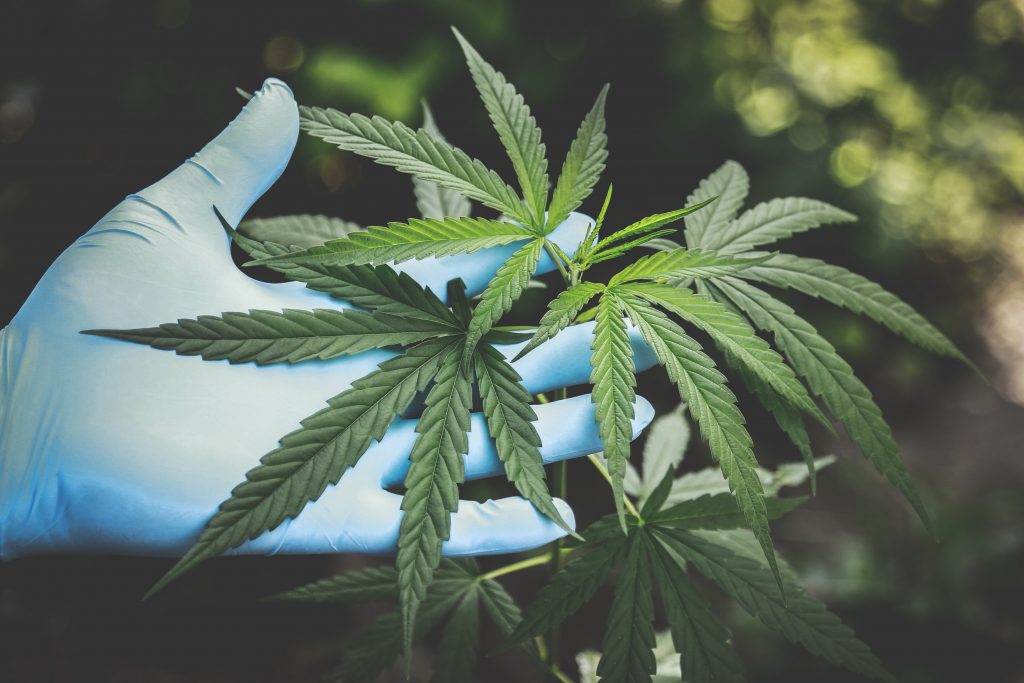
Does CBD Treat Depression?
Cannabidiol – often abbreviated as CBD – is a truly remarkable, powerful molecule of the cannabis plant that has dozens of potential health benefits in

Cannabidiol – often abbreviated as CBD – is a truly remarkable, powerful molecule of the cannabis plant that has dozens of potential health benefits in humans. Once ingested, CBD travels through the bloodstream to the brain where it binds to CBD receptor sites called CB1.
As we’ll get into in greater detail below, CBD acts on these receptor sites to deliver relief from depression in patients who have not found any success with other conventional treatments.
If you or a loved one has experienced depression – and particularly if you have tried but found no relief from conventional medicine – talk to your doctor about the potential benefits of CBD.
Depression, along with other mental health conditions, remains a serious public health issue. Data from pre-COVID studies shows that nearly 5% of the US population suffers from chronic depression.
While the research into the exact mental health toll of the 2020 COVID-19 pandemic (and the economic lockdowns that came with) is ongoing, current research shows that it has further worsened depression rates among Americans.
Source: Journal of the American Medical Association
A recent study published in the Journal of the American Medical Association found that “prevalence of depression symptoms was more than 3-fold higher during COVID-19 compared with the most recent population-based estimates of mental health in the US.”
Even before the pandemic, though, depression diagnoses in the US have consistently climbed in the past several decades. Emergency room visits due to untreated depression climb steadily year after year.
Source: Agency for Healthcare Research and Quality (AHRQ)
These increases occur despite ever-greater numbers of prescriptions for antidepressant medications like serotonin-re-uptake inhibitors. As the graphic below illustrates, the United States has one of the highest depression rates of any country on Earth – despite spending by far the most per capita on mental healthcare.
Source: The Institute for Health Metrics and Evaluation (IHME)
If current trends don’t reverse, we can expect to see a decline in mental health outcomes in the future. All of this begs the question: why do conventional treatment strategies not work with some patients and what new alternative paths would be viable for treating depression moving forward?
A study released in 2020 by the National Center for Health Statistics (NCHS) found that antidepressant use among US teens and adults increased by more than 400% in the 20-year period examined by the researchers.
One out of every ten Americans takes an antidepressant daily. And to what results? As we mentioned previously, the data tells us that Americans are more depressed today than ever before in history.
Cases of depression that simply won’t go away despite medical interventions – or that temporarily improves only to return later – are classified as “treatment-resistant.” Treatment-resistant depression is often abbreviated as TRD. Accordingly, researchers have increasingly turned to “novel therapeutics including ketamine, psilocybin, anti-inflammatories,” and CBD.

Cannabidiol – often abbreviated as CBD – is a truly remarkable, powerful molecule of the cannabis plant that has dozens of potential health benefits in

Alzheimer’s disease (AD) – along with a host of other neurodegenerative conditions that impact brain health – is nothing short of a public health catastrophe

To date, CBD (“cannabidiol” in long-form) is the single most potent cannabis compound that researchers have isolated to research its potential health benefits. Here, we
Made in Atlanta. © FOOD AND DRUG ADMINISTRATION (FDA) DISCLOSURE These statements have not been evaluated by the Food and Drug Administration. These products are not intended to diagnose, treat, cure, or prevent any disease.